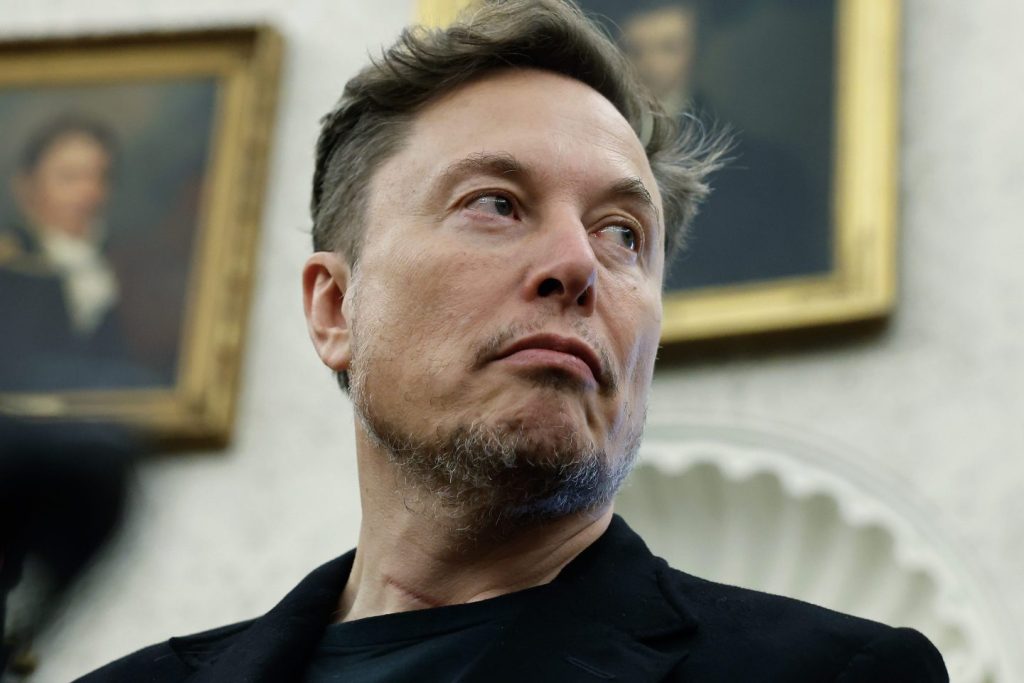Elon Musk Exits Trump’s Cost-Cutting Task Force, declares “Mission Accomplished”
Elon Musk has wrapped up his government advisory role, ending a high-profile mission to cut U.S. federal waste and modernize outdated systems under President Trump.
His reforms could save billions, but critics fear job losses. Musk says efficiency and accountability are vital to protect taxpayers and drive lasting government reform.
Billionaire tech mogul Elon Musk has officially ended his stint in the U.S. federal government, wrapping up what he described as a successful mission to trim inefficiencies and rein in wasteful spending across key departments. The Tesla and SpaceX CEO, known for his unorthodox approaches and blunt style, was recruited earlier this year by President Donald Trump to serve as a Special Government Employee, a temporary advisory role that placed him at the helm of an interagency cost-cutting task force.
Musk confirmed his departure on Wednesday evening via a post on his X (formerly Twitter) handle, expressing gratitude for the opportunity and reflecting on what he called a pivotal step toward reforming outdated government systems. “As my scheduled time as a Special Government Employee comes to an end,” he wrote, “I would like to thank President @realDonaldTrump for the opportunity to reduce wasteful spending.”

The announcement marks the end of a high-profile, if controversial, chapter in Musk’s ongoing engagement with federal operations. During his brief but impactful tenure, he led an aggressive review of spending practices in multiple government agencies, targeting a broad range of inefficiencies that had long been tolerated or overlooked.
According to multiple internal documents made public during his time in office, Musk proposed a sweeping set of reforms. These included eliminating redundant overseas field offices, renegotiating costly military equipment leases, consolidating overlapping energy programs, and reducing unnecessary federal printing contracts. He also drew attention to large inventories of unused or underutilized office space, recommendations which analysts estimate could collectively save the U.S. government over $20 billion across the next decade if fully implemented.
His efforts were praised by some fiscal conservatives and innovation advocates, who welcomed his no-nonsense, business-like approach to public sector reform. Supporters lauded his willingness to challenge longstanding bureaucratic norms, arguing that his private sector expertise offered a fresh lens on a notoriously sluggish system.
However, Musk’s presence in the Trump administration also sparked criticism and concern in some corners of Washington. Labor unions and federal employee associations expressed unease over proposals that included automating certain administrative roles, a move they warned could lead to job losses and weaken essential public services.
In a statement, the American Federation of Government Employees criticized Musk’s approach, cautioning that rapid cost-cutting without sufficient oversight could erode the quality and reliability of services that millions of Americans depend on. “Innovation cannot come at the expense of public welfare,” the union spokesperson said. “We need reform, but not at the cost of dedicated workers or essential operations.”
Musk, never one to back down from criticism, doubled down on his position in a follow-up post, stating that modernization and accountability are essential to preserving the integrity of taxpayer resources. “Efficiency and accountability aren’t partisan, they’re necessary,” he wrote. “If we don’t modernize government functions, taxpayers foot the bill forever.”
Though his tenure was short-lived, political analysts suggest that Musk’s departure was largely expected. With his well-documented focus on high-impact private ventures, including scaling global electric vehicle production and launching next-generation reusable rockets, observers anticipated he would return to his companies once his government assignment concluded.
Still, Musk left the door open to future public service engagements. In his post, he expressed a willingness to collaborate again should the opportunity arise. “I remain committed to public-sector reform and will continue to share ideas when invited,” he noted.
The Trump administration now faces the task of converting Musk’s aggressive recommendations into actionable, long-term policy changes. This will require coordination and consensus across multiple federal entities, including the U.S. Congress, government agencies, and various oversight bodies.
White House officials have praised Musk’s contributions, with a senior advisor to President Trump stating, “Elon brought a level of urgency and innovation that challenged the status quo. His work has given us a roadmap that, if implemented effectively, could dramatically improve efficiency across several branches of government.”
Despite the political friction Musk’s ideas occasionally generated, his departure underscores a larger theme in the Trump administration’s ongoing push to reengineer how the federal government operates, leaner, faster, and, ideally, cheaper.
Musk’s involvement in public-sector reform also signals a growing trend of high-profile entrepreneurs playing advisory roles in government. As federal and state agencies grapple with how to integrate technological advances, optimize operations, and serve a digital-first population, figures like Musk represent both the opportunities and tensions that arise when private-sector dynamism meets public-sector complexity.
As Musk returns to focus fully on SpaceX’s Mars mission and Tesla’s ambitious energy projects, questions remain about how many of his recommendations will take hold, and whether future administrations will continue to seek out Silicon Valley leaders as agents of change in Washington.



